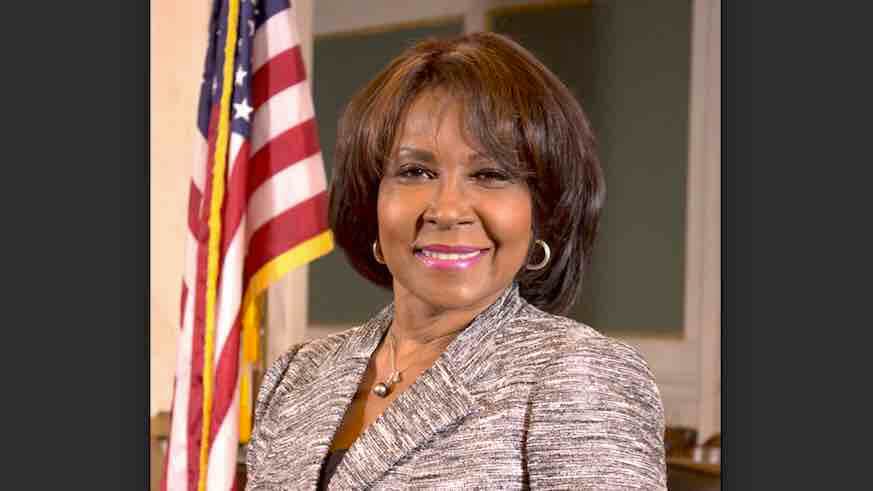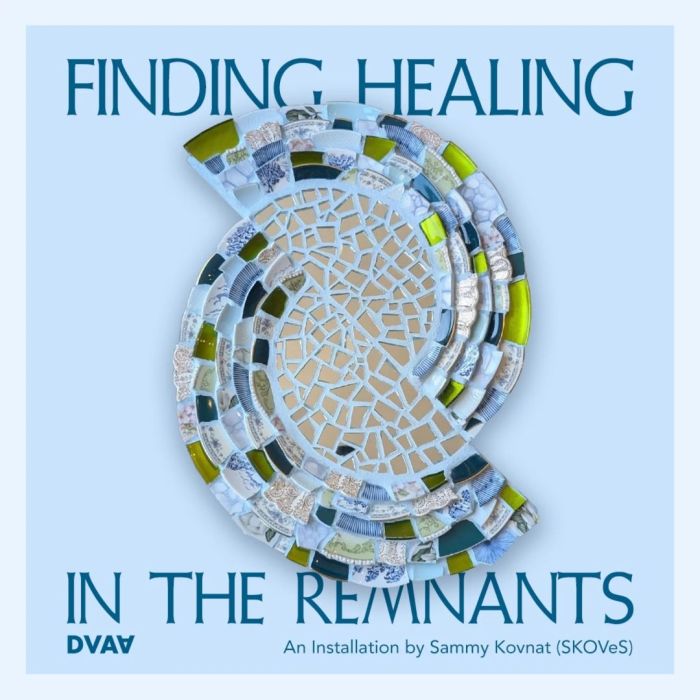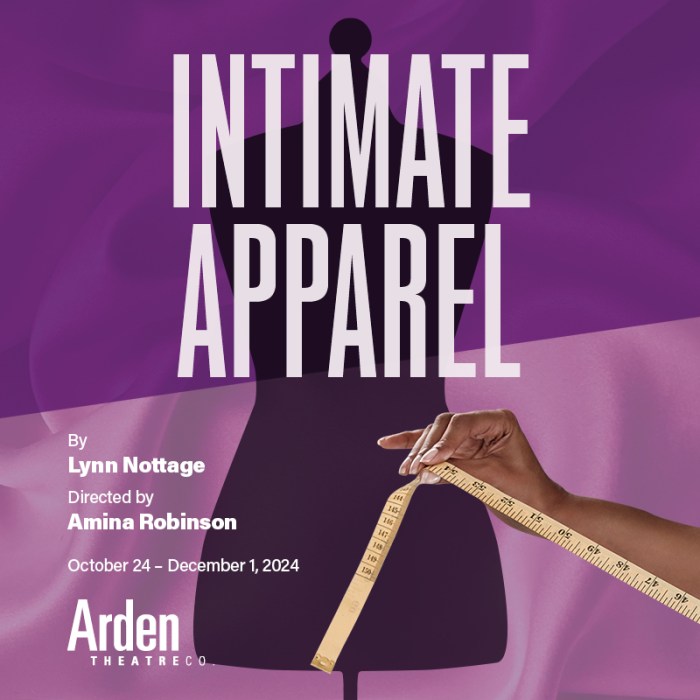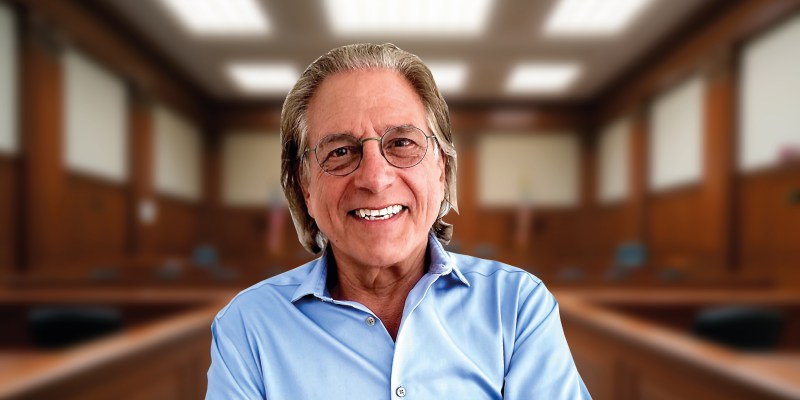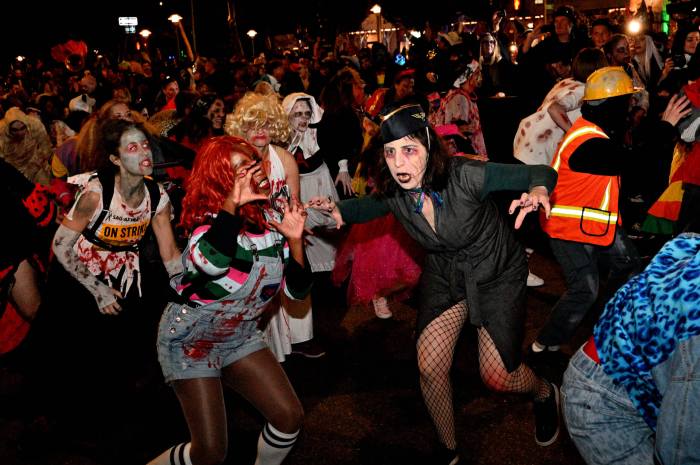Ask Councilwoman Blondell Reynolds Brown what the tipping point was that led to her sponsorship of Question No. 3 on May 15’s primary ballot, to amend the Home Rule Charter in order to make sexual harassment training mandatory for all city workers — appointed, civil service and exempt, regardless of classification — and a chuckle is her response. “Unless you have been sleeping underneath a rock, and not been paying attention to that which is happening across industries and across geography, the issue of sexual harassment is everywhere, high and low,” claimed the Philadelphia councilwoman. “So now the issue is on the front burner. But, it’s an uphill battle for sure. With that, I have often questioned myself and those colleagues immediately around me — ad nauseam — as to what role government can or should have, not just national, but at the state and city level.”
As Councilwoman Reynolds Brown was looking into that very issue last summer, she found that while the City of Philadelphia has a sexual harassment policy in place, it did not require sexual harassment training in regard to city workers at any and all levels. “Given our current environment and given that such requirements were not in place, as a former teacher, my goal is to educate, inform and enlighten before you can hold people directly accountable.”
This preventive measure authorizes mandatory sexual harassment training across all sides of the table — all city workers will be required to take such training if Question No. 3 passes. “No matter what you do or who you are; if you are being compensated by our city, you will be held accountable, and this training will be mandatory,“ stated Reynolds Brown.
Aja Beech — project coordinator for the Intra-Familial Homicides Response Initiative at the Anti-Violence Partnership of Philadelphia — does not think that Councilwoman Reynolds Brown’s mandate is too little, too late to make positive change. “There is always time to readjust course,“ claimed Beech. She recalled that a phone line was recently set up to report sexual harassment of city employees, but the process by which it is handled (leaving a message with your name and number to get a call back in a few days), does not feel safe. “Being clear about what is appropriate workplace behavior regularly is important, especially within city agencies as they work not only with each other but with the public, and help craft public policy decisions. Sexual harassment is a form of institutionalized oppression, I support that being confronted. How it would be implemented is not entirely clear. So far, it seems focused on information and personal intervention, but it must go beyond that.”
Mexico-born, Philadelphia-based activist-artist Ada Luisa Trillo sees Reynolds Brown’s efforts as a positive step in minimizing sexual harassment, both in-and-outside of the workplace. “However, I believe that this sort of training must be carefully approached and tailored to suit these respective factions best as possible,” stated Trillo. “Without a dialogue that involves both men and women, many individuals won’t have the edification to recognize sexual harassment.”
Mention to Trillo that women may be hesitant to report such incidents for fear of repercussion higher on the City Hall food chain, and she agrees that there could be a stigma associated with being the victim of sexual harassment. “There is also shame and a loss of dignity and power. The victim may also fear losing their job if they report an incident, even if the new measure is adopted. I think overall that the new measure will help define sexual harassment and make clear to would-be offenders its consequences. In turn, a greater number of city workers will be likely to report incidents of sexual harassment.”
Amber J. Hikes — the executive director of Philly’s Office of LGBT Affairs — testified in Council in support of Councilwoman Reynolds Brown’s amendment to the Home Rule Charter, not only in her professional capacity but as a woman of color within the LGBTQ community. “LGBTQ people are harassed at rates that far exceed our heterosexual counterparts, and trans folks are harassed at rates that exceed our cisgender counterparts. Asking someone about the sexual orientation can be a form of harassment. Asking someone about their body parts or their physical intentions or their role within a relationship — who is the top or who is the bottom — as part of their transition can also be harassment.”
Hikes and her office are joining with Councilwoman Reynolds Brown to attack all sexual harassment in the city-workplace, as well as finding additional ways into the topic via education and illumination. “Not everyone knows what they’re doing is sexual harassment. Sometimes people believe they are merely being curious. But curiosity is dangerous and invalidating and scary. We want City Hall to be a safe place where everyone can work free of any form of harassment.”
Reynolds Brown won’t discuss the rigors of any sexual harassment training that she would like to see in action, save to offer an opinion. “The process of reporting any incident should be simple and clear so that it encourages people to report any possible harassment. The process should not just train people what not to do but also trains people early on how to behave and what is appropriate language, conversation and interaction between co-workers. The training should include protocols and sensitivity specifically for bystanders, because what we know is that empowering bystanders not only results in more people reporting. It also pushes a cultural change when other people confront perpetrators and tell them when their actions are not funny or appropriate.“



